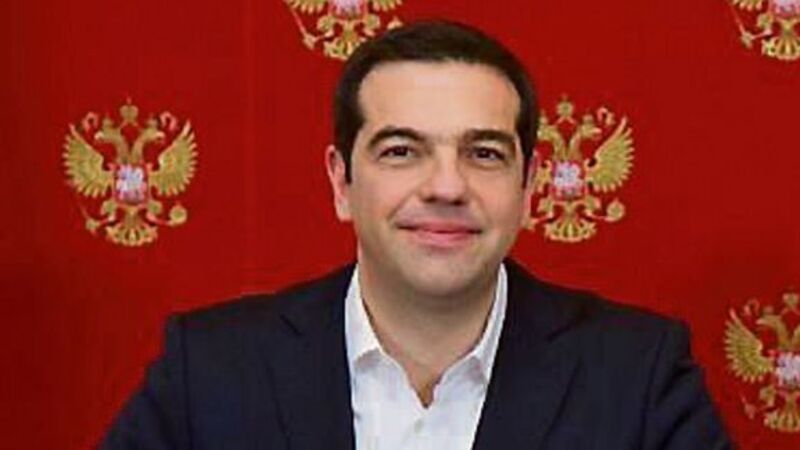Greece returns to growth

In a boost for Prime Minister Alexis Tsipras’s leftist government, revised data also showed that Greece posted no growth or decline in economic output in the first quarter instead of a previously reported 0.2% contraction.
That meant the country did not enter into a recession at the start of the year as previously believed — a slide that was expected to have been exacerbated by Mr Tsipras’ hard line against the austerity imposed by international lenders.
















